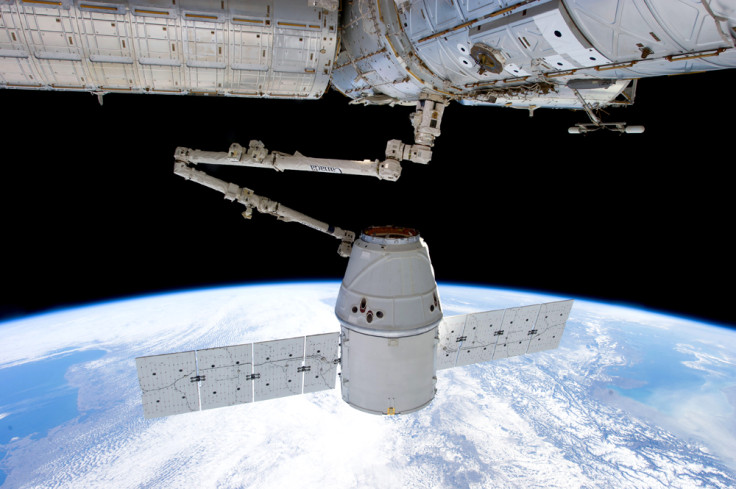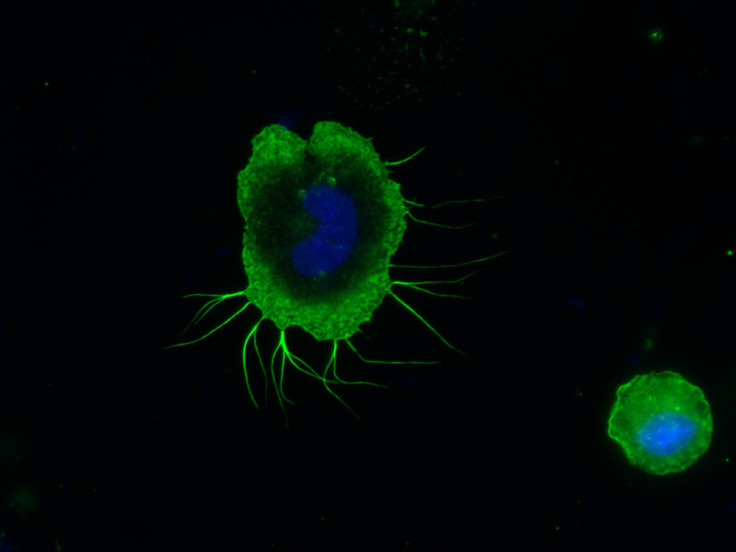International Space Station Tests Effects of Space on Human Immune Cells

Scientists from the University of Zurich are currently studying immune cells on the International Space Station (ISS) to find out how deep space missions affect the human immune system.
Zero gravity seems to affect certain functions in the immune system so that immune cells become unable to adequately protect astronauts from infections.
One type of immune cells is the phagocyte, known as a Macrophage, which deals with killing and destroying invading bacteria by devouring them.
"Conducting research in space enables us to understand life on Earth better," explains Professor Oliver Ullrich, from the University of Zurich's Institute of Anatomy.
"The experiment provides key data that enables us to gauge the risk on future spaceflights more effectively."

On 18 April, a cargo of UZH immune cells was sent aboard the SpaceX CRS-3 Dragon spacecraft to the ISS, on a projected called the "Cellbox Mission".
Once the cells reach the ISS, the immune cell samples will be studied during a three-day experiment to see how the structure and metabolism of phagocytes change in in zero gravity, especially their cytoskeleton and molecules, which are important for cell communication.
The SpaceX Dragon capsule is due to splash down into the Pacific Ocean on 18 May and the samples that have been in space will return with it.
In December 2013, researchers from nine US universities, together with NASA, published a study entitled "Spaceflight Enhances Cell Aggregation and Random Budding in Candida albicans" in the PLOS ONE journal, which showed that a common fungi that can cause serious illnesses in people with weakened immune systems, is actually far worse in space.
The fungi, known as Candida albicans, is found on the skin, in the mouth and in the gastrointestinal, urogenital and vaginal tracts of 80% of the human population. The fungi also has the ability to travel through the blood stream to infect the throat, intestines and heart valves.
Candida albicans becames more aggressive in micro-gravity environments, which would mean that it poses a risk to astronauts in spaceflight, so scientists are trying to see if it's possible to change the behaviour of pathogens like this fungi in space.
© Copyright IBTimes 2025. All rights reserved.






















